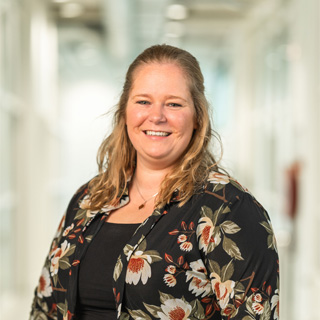Chemical Engineering - Distillation and Gasabsorption
Develop a fundamental understanding of gas fluid separation and gas absorption engineering by solving problems through reasoning.
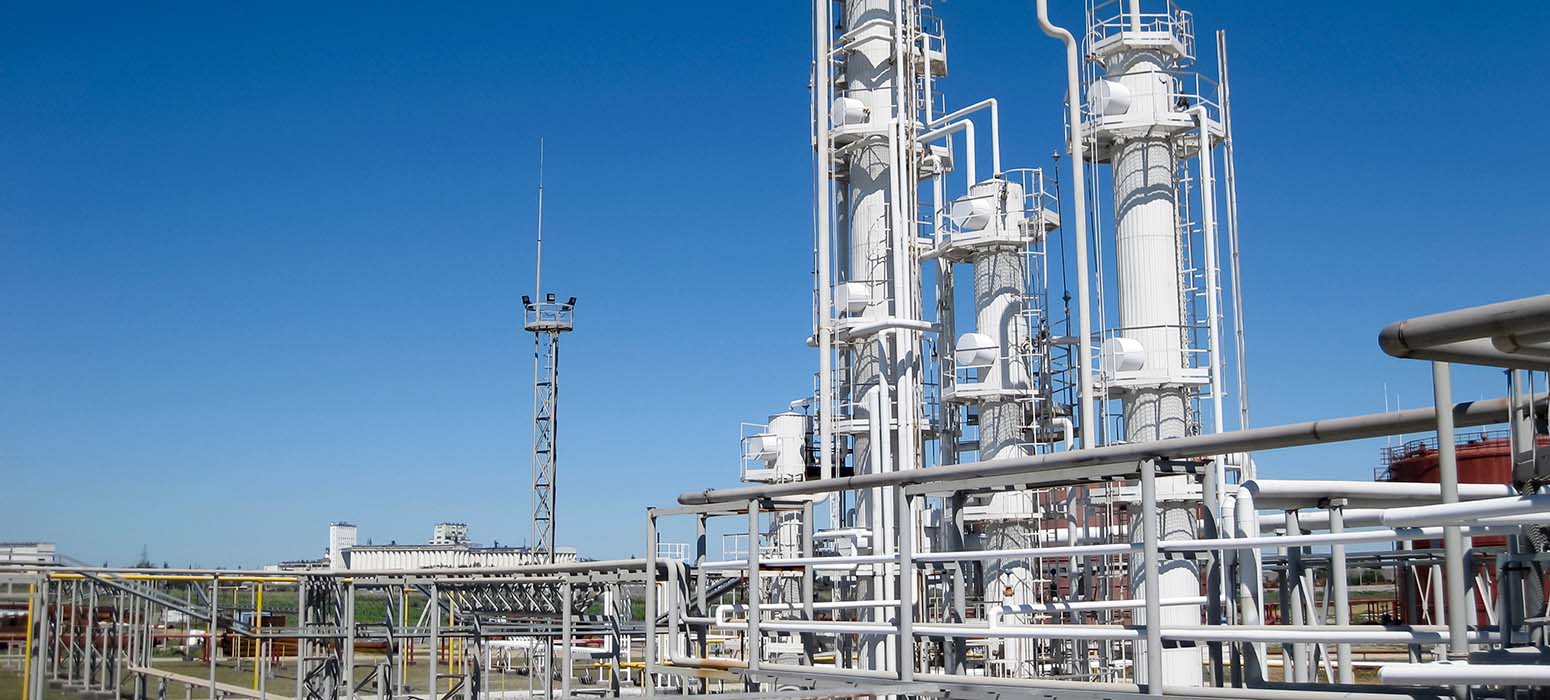
Gas-fluid separation based on absorption and distillation
Absorption is a mass-transfer process in which a vapor solute in a gas mixture is absorbed by means of a liquid in which the solute is more or less soluble. The gas mixture consists mainly of an inert gas and the solute. The liquid also is primarily immiscible in the gas phase; that is, its vaporization into the gas phase is relatively slight. Subsequently, the solute is recovered from the solution by distillation. In the reverse process of desorption or stripping, the same principles and equations hold.
The goal of this course is to develop a fundamental understanding of gas fluid separation and gas absorption engineering. This will be achieved by solving gas fluid (liquid) separation and gas absorption engineering problems trough reasoning.
On completion of this course you are able to:
- Calculate flows and composition in single and multiple equilibrium contact stages by using both an equilibrium relationship and a material balance
- Use analytical and graphical techniques to calculate the number of stages needed for either an absorber / stripper
- State the differences between loading point and flooding point in a packed column
- Compare the three different types of trays based on efficiency and design
- Calculate, for a packed column, the height equivalent to a theoretical plate/stage; then, explain its difference from the height of a transfer unit
- Calculate, for a packed column, the number of theoretical plates/stages; then, explain its difference from the number of transfer units
- Plot an x, y diagram using Raoult’s law, Distinguish between a minimum and a maximum boiling azeotrope
- Describe the three common types of column internals used in a distillation tower
- Describe the differences between batch and fractional distillation
- Use the McCabe–Thiele method to solve a variety of binary distillation problems
- Describe and calculate the three types of tray efficiencies
- Use shortcut methods for multicomponent distillation to calculate number /optimal feed stages
Using influences of the distillation process for process optimization
During the course:
- You get an overview of different gas fluid (liquid) separation and gas absorption mechanisms
- A divers series of distillation types and gas absorption types is treated
- Optimalization of separation and distillation and gas absorption types is allocated
- The newest developments on distillation / separator and gas absorption design and application will be dealt with
- You learn to understand the influence of a good distillation process design on the products and the separation
- You learn what the important factors are that influence the process
- You get an overview of available types of separation processes
- You learn how to optimize existing processes
Intended for
The course is meant for engineers, technologists, designers with a chemical, process, technological or mechanical background on bachelor or master level.
Within the program you can take six other courses. View them all on the page Chemical Engineering courses.
Course leader
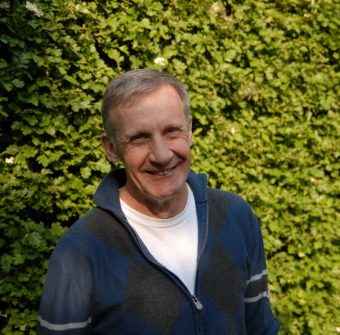
drs. ir. Johan Krop
PAOTM is rated with an average of
Program manager
Why PAOTM
-
The latest post-academic knowledge and skills
-
Focused on questions that arise in a technical environment
-
Interactive and directly applicable in practice
-
Top teachers from science, research and business
Frequently asked questions
Program
- Registration
- Phase Transition & Phase Equilibrium
- Break
- More complex Distillations
- Lunch
- Membrane Assisted Distillation
- Break
- State of the Art in Distillation Technology
- Wrap up & course evaluation
Course leader

drs. ir. Johan Krop
PAOTM is rated with an average of
Frequently asked questions
Dates and locations
Below you will find an overview of the available dates and locations. You can register immediately by clicking on the 'Register' button.
Investment
- Price excludes 21% VAT
- Including coffee, tea, lunches and (digital) course material
Frequently asked questions
In-company
Are several employees interested in the same course, do you want to enrich knowledge with the entire team or focus on your own practice? Then an in-company course could be interesting. We are happy to think along with you about the possibilities. PAOTM has extensive experience in organizing in-company courses in many technical fields for a wide range of companies. You can choose to have an existing course organized in-company for multiple employees. However, if you have a specific organizational or departmental issue, we can also design a unique course. For every customized request, we search our network at universities, knowledge institutes and the business community for the right teachers who can provide your team with the desired knowledge. We then put together a course based on your training needs, learning needs and organizational goals.
Curious about the possibilities? Contact one of our program managers or complete the form below. We are happy to make you a suitable offer.
FAQ's
In-company request
"*" geeft vereiste velden aan
Program manager
In-company courses of PAOTM are rated with an average of
Why In-company
-
A course tailored to your specific needs
-
Get started right away with your own cases
-
Led by top teachers with the most up-to-date knowledge
-
You choose where and when: always efficient
-
The entire team trained simultaneously
-
Customization possible in all our fields
Download the Study Guide
Would you like a complete overview of all our courses and trainings? Download the digital study guide!
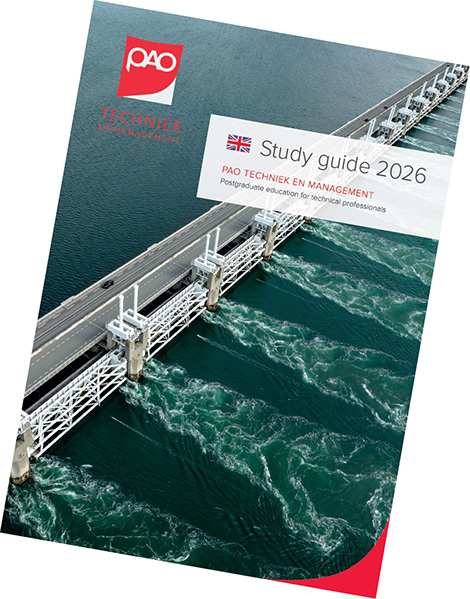

No start date available
No start date has been planned yet. Don't worry, you can register on our interest list. We will inform you immediately as soon as a new date is planned.
Our corporate partners
Subscribe for the newsletter
In our monthly newsletter we inform you by e-mail about courses, trainings, news and developments in the various fields of PAOTM. Select the topics of your interest!
Download the Study Guide
In addition to the course offerings, the Study Guide also contains the themes that we will further develop next year. Would you like a complete overview of our courses and training in your field(s)? Request the Study Guide and receive it digitally.

